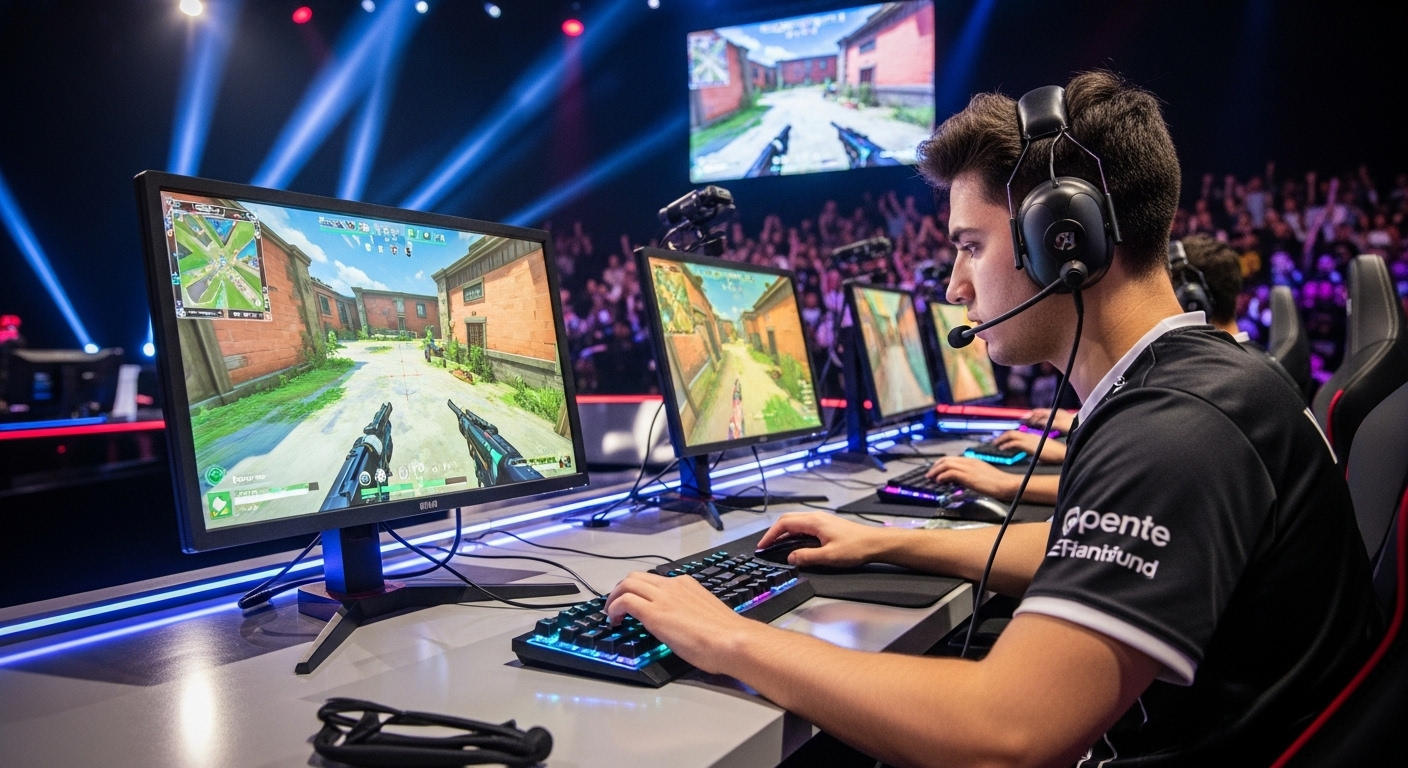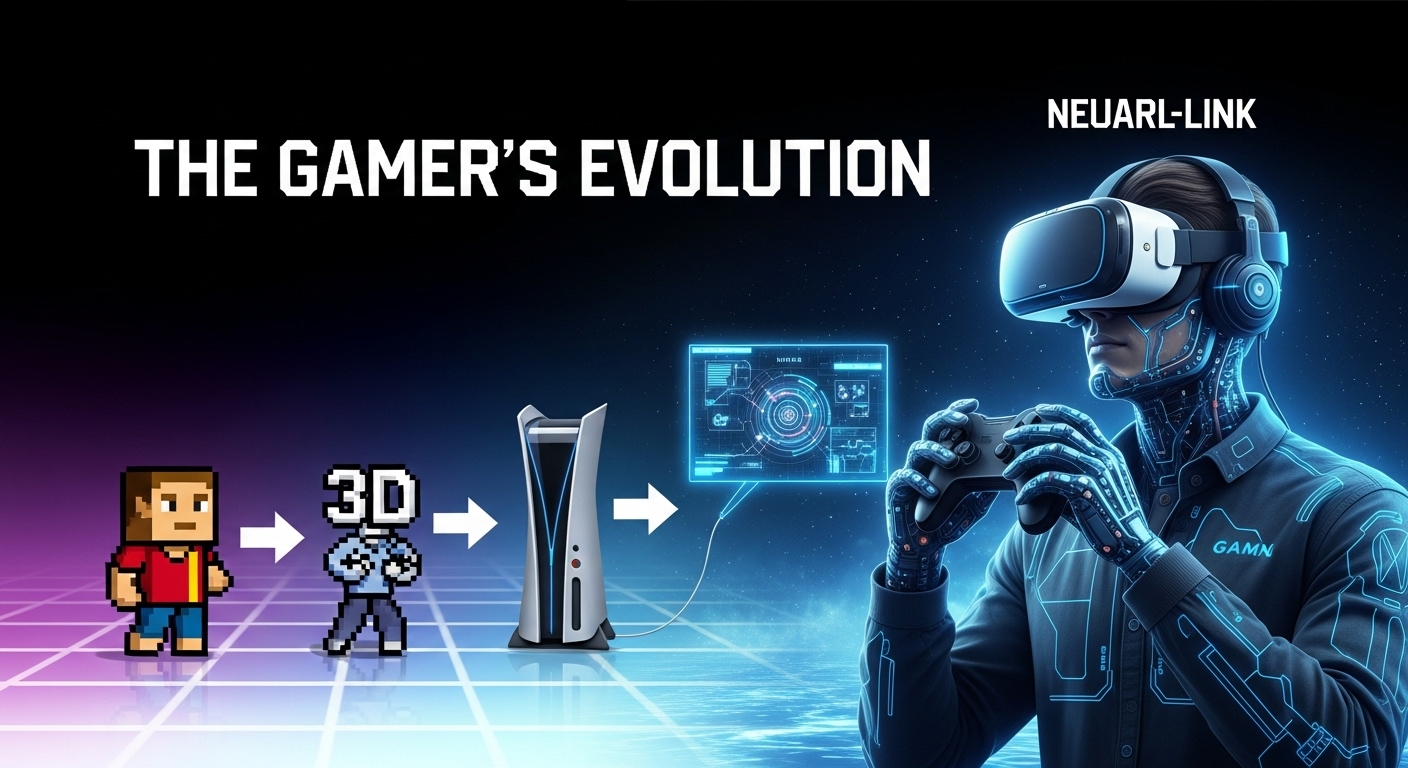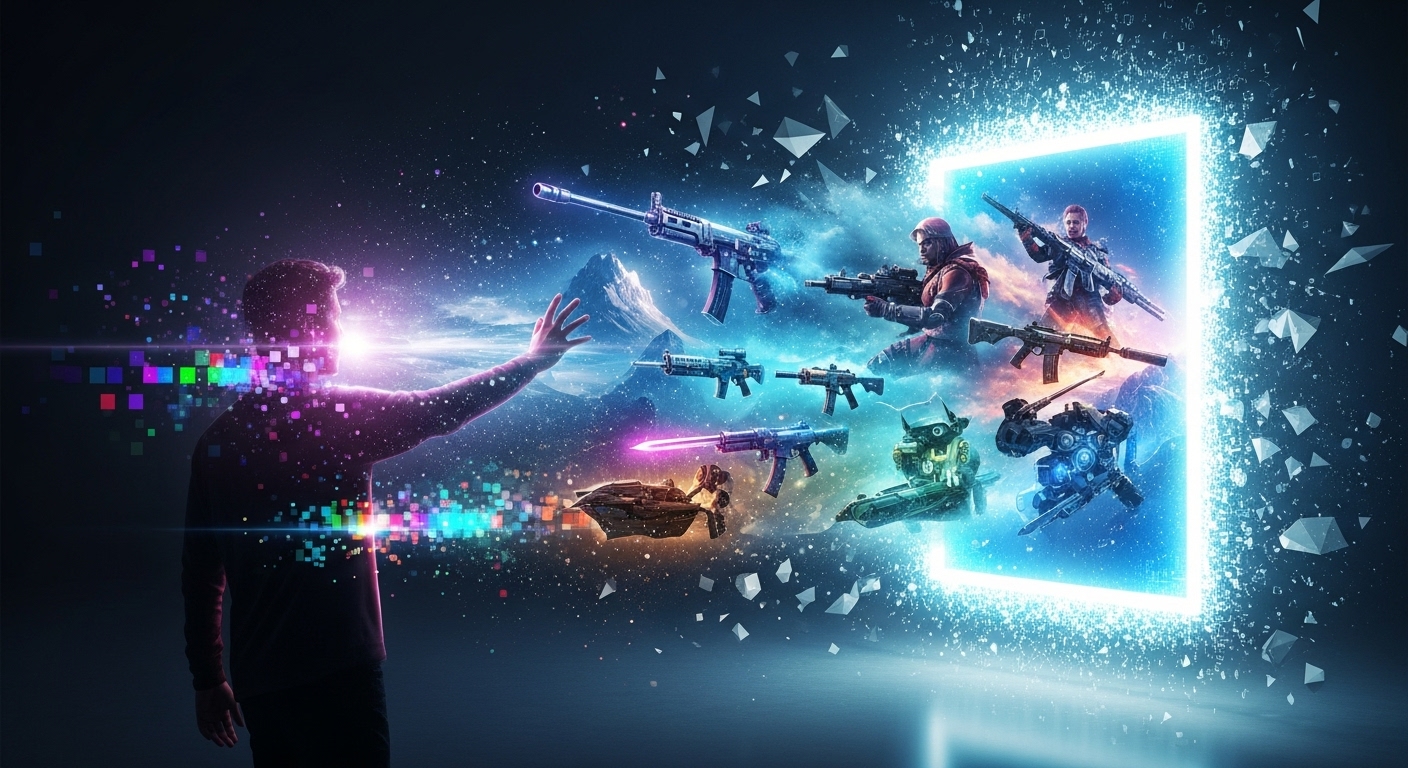Gaming has come a long way from its early days of simple pixelated screens. Today, it is a multi-billion-dollar industry that entertains, connects, and challenges millions of people worldwide. Beyond mere recreation, gaming has become a cultural phenomenon influencing technology, education, and social interaction.
The Evolution of Gaming
Gaming started with arcade machines and early consoles, offering players straightforward challenges and simple fun. As technology advanced, games became more sophisticated, offering immersive graphics, rich storylines, and interactive worlds. Modern games span a variety of genres, from adventure and strategy to simulation and role-playing, appealing to diverse audiences and redefining what it means to “play.”
Gaming as a Social Experience
One of gaming’s most powerful aspects is its ability to bring people together. Online multiplayer games, social platforms, and streaming communities allow players to connect, collaborate, and compete across the globe. Friendships are forged, teamwork is strengthened, and players share experiences in ways that transcend physical boundaries. Gaming has transformed from a solitary activity into a dynamic social ecosystem.
The Rise of Esports
Esports has elevated gaming to a competitive and professional level. Top players train rigorously, participate in international tournaments, and earn substantial rewards. Beyond players, the esports industry includes coaches, analysts, commentators, and content creators, creating diverse career opportunities. Esports has demonstrated that gaming is not just entertainment—it is a serious and respected profession.
Mental and Educational Benefits
Gaming is more than a source of fun—it can enhance cognitive skills and learning. Strategy games improve problem-solving, puzzle games sharpen memory and focus, and simulation games enhance decision-making abilities. Many games also foster teamwork, adaptability, and leadership, proving that gaming can be a tool for personal growth and development.
Technology and Innovation in Gaming
Advancements in technology have revolutionized the gaming experience. Virtual reality and augmented reality create immersive worlds, while cloud gaming allows instant access to games on multiple devices. Artificial intelligence enhances gameplay by creating adaptive challenges and intelligent in-game characters. Technology continues to push gaming into exciting new territories, making it more engaging and accessible than ever before.
Cultural Impact of Gaming
Gaming has become a major part of modern culture. Popular games and characters inspire movies, art, and merchandise, while online communities and streaming platforms shape entertainment trends. Gaming encourages creativity, storytelling, and innovation, connecting people across countries and generations and establishing itself as a key element of cultural exchange.
The Future of Gaming
The future of gaming promises even more innovation. Advanced AI, virtual reality, and augmented reality will redefine how players experience games. Educational and interactive games will expand the role of gaming beyond entertainment, while esports and streaming continue to grow as global phenomena. Gaming will remain a driving force in shaping technology, culture, and social interaction.
Conclusion
Gaming is no longer just a pastime—it is a dynamic and influential part of modern life. It entertains, educates, and connects people, offering experiences that challenge the mind and build communities. As technology and creativity continue to advance, gaming will remain a powerful force in entertainment and culture, inspiring players of all ages to explore new worlds, face challenges, and connect with others across the globe.



